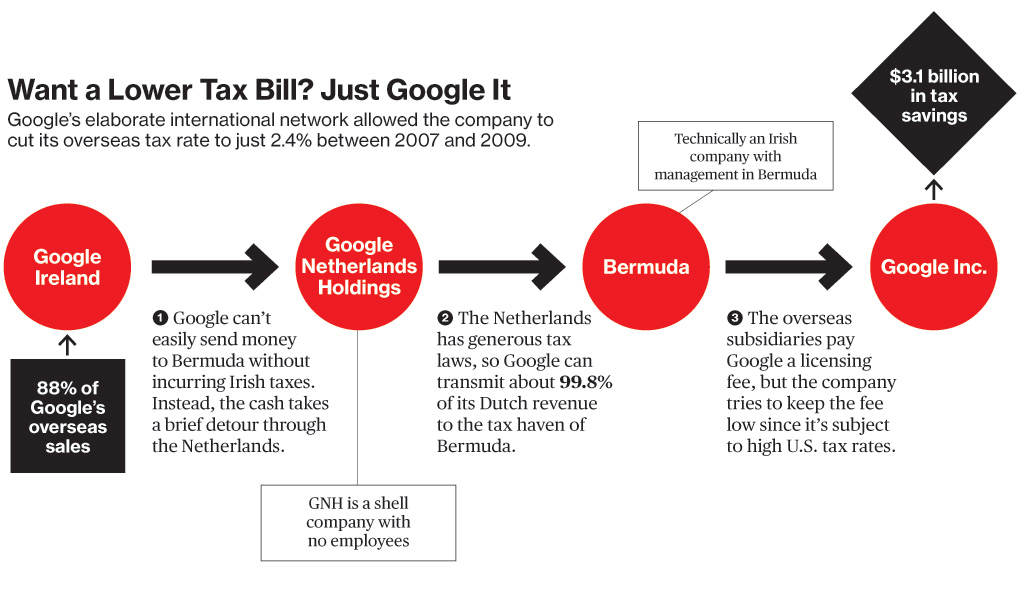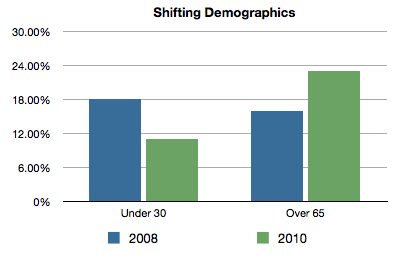
The illuminating 3:49 minute video below, borrowed from Michael Shaw’s BagNews, features photographs taken by New York Times photojournalist Mike Kamber while he was embedded with the U.S. military in Iraq. Narrating the images, Kamber discusses the censoring of his photos by the U.S. and the ethics of documentary photography.
Lisa Wade, PhD is an Associate Professor at Tulane University. She is the author of American Hookup, a book about college sexual culture; a textbook about gender; and a forthcoming introductory text: Terrible Magnificent Sociology. You can follow her on Twitter and Instagram.








